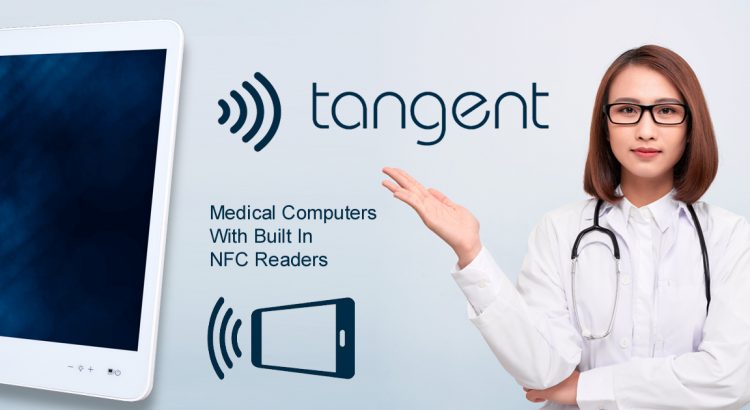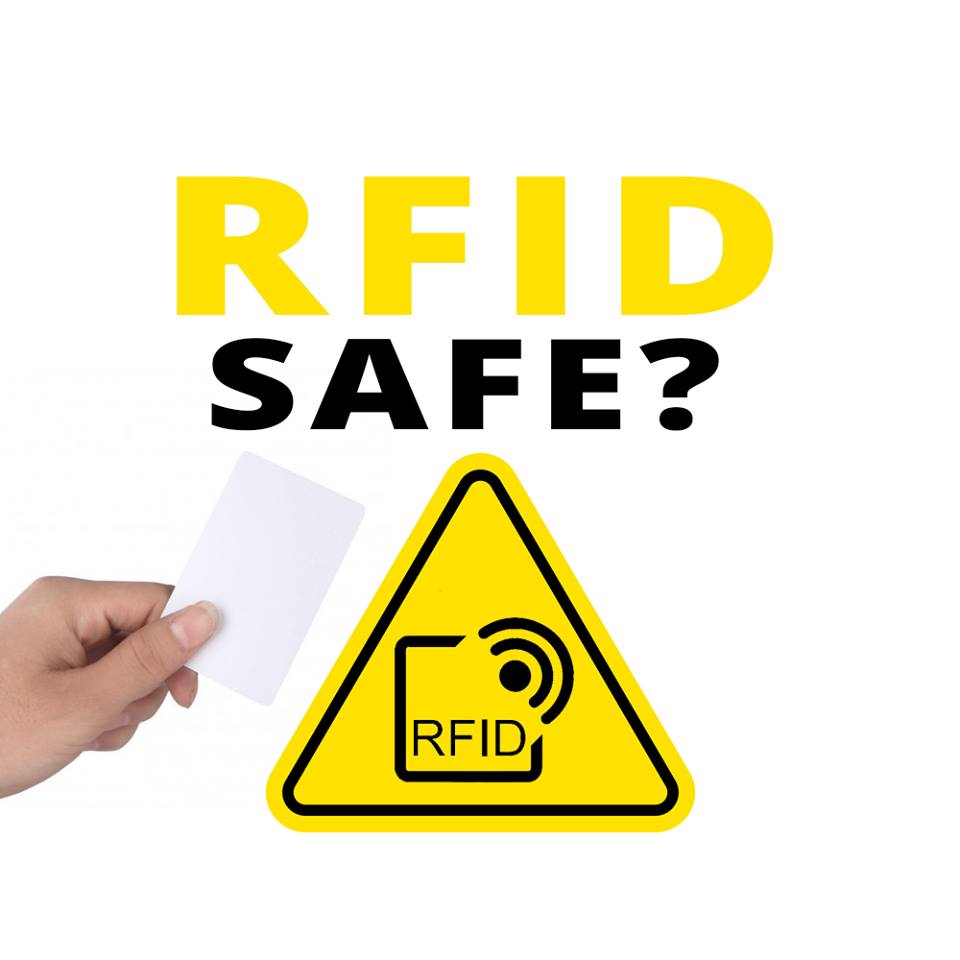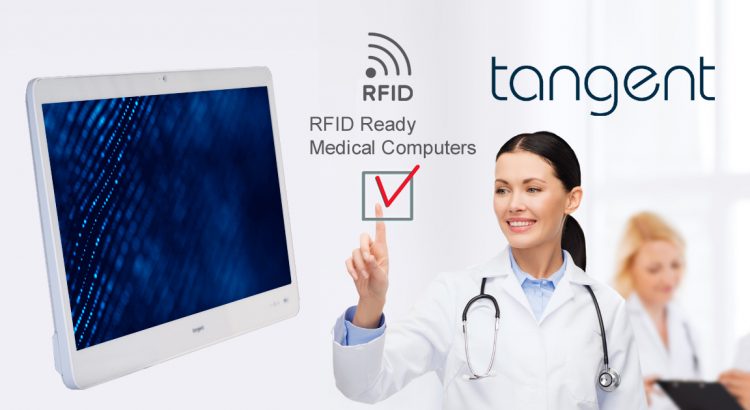What Is RFID? RFID stands for Radio-Frequency Identification. The technology standard is made up of RFID tags and readers. These tags have small radio receivers and transmitters inside them. When in contact with a reader, the tag will respond and transmit information it is carrying to the reader. These tags can be used for a […]
Tag: RFID

Medical Computers With NFC Readers
Wireless communication is playing an increasingly important role in Healthcare. From doctors transitioning away from pagers to smartphones, to their increasing reliance on email communications: hospitals rely on wireless communication. But one area of wireless communications that is easy to look over is near-field communication (NFC). These devices allow your doctors, nurses, and medical staff […]

Industrial Grade Computers For Chemical Processing
Chemical processing and refining plants are some of the most technologically advanced and complex industrial facilities known to man. The changing of one group of compounds into another is a process that requires time, energy, and money. But there is a way to save all three of these during the course of production. With industrial […]

The Importance Of Digital Health Records
In no other field is staying on the edge of technology as important as it is in the medical field. Each day, new advances in medical technology are helping people live longer, happier lives. While some technology can assist in diagnosing, patient care, or even surgery, we should not overlook the clerical side of technology […]

Is RFID Safe?
RFID (radio-frequency identification) technology has been found to generate considerable cost savings and increase efficiency in a variety of sectors like supply chain management, asset management, and information technology departments due to its ability to capture data without any human intervention. Utilizing RFID in healthcare has been explored with great interest in recent years […]
